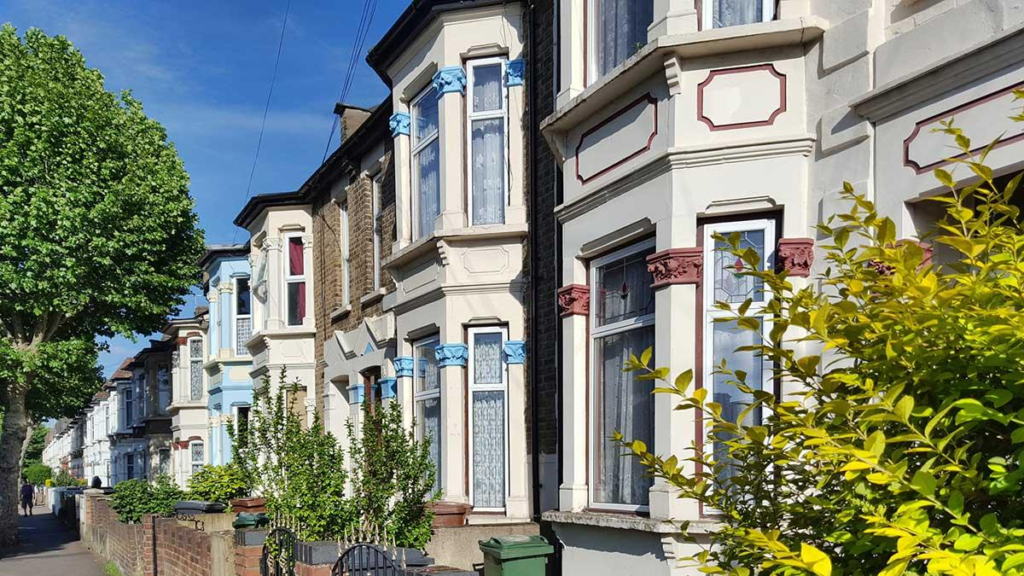A recent report has spotlighted a significant shift in London’s property ownership landscape, revealing that Indians Now Own More Properties in London, surpassing native Brits.
This trend underscores a fascinating story of global migration, investment, and the dynamics of economic power in an increasingly interconnected world.
Indians Now Own More Properties in London Than Brits
The report, released by Barratt London, highlights the growing presence of Indian-origin property owners in London. This diverse group includes long-established residents, non-resident Indians (NRIs), foreign investors, students, and families who have migrated for educational opportunities.
Together, they have become a dominant force in the property market, investing significant amounts—ranging between ₹30 million and ₹47 million—into the city’s apartments and houses.
Several factors contribute to this trend. London’s reputation as a global financial hub attracts Indian entrepreneurs, investors, and professionals seeking to secure a foothold in one of the world’s most prestigious real estate markets.
Additionally, the city’s world-class universities draw thousands of Indian students annually, many of whom stay and establish roots. Families accompanying these students often invest in properties as a means of securing their stay and ensuring financial stability.
Read : World’s Thinnest Spaghetti That Is 200 Times Thinner Than Human Hair Created in London
This trend is not entirely new. Over the past few years, reports have consistently pointed to the increasing dominance of Indian-origin property owners in London’s real estate market.
However, the recent revelation that Indians have now surpassed native Brits in property ownership marks a historic moment, reflecting broader changes in global economic patterns and migration flows.
Social Media Reactions: Pride, Humor, and Reflection
The report’s findings have sparked lively discussions on social media, particularly among Indian users. A post by BRICS News on the platform X (formerly Twitter) shared the news with the caption, “Indians are now the largest group of property owners in London, surpassing the Englishmen themselves.” This post quickly went viral, garnering over 14 million views and thousands of comments.
🇮🇳🇬🇧 Indians are now the largest group of property owners in London, surpassing the Englishmen themselves. pic.twitter.com/UwD1Z4NSea
— BRICS News (@BRICSinfo) December 30, 2024
Many users celebrated the news as a testament to India’s growing global influence. Comments ranged from tongue-in-cheek humor to pointed reflections on history.
One user quipped, “Colonise you right back,” a clever nod to the era of British colonial rule in India. Another remarked, “They once owned half the world and now they own less than half of London,” drawing attention to the irony of historical reversals.
For others, the report symbolized karmic justice. “It’s just karma… Brits illegally owned India for 200 years, now Indians are owning Britain legally and that is too in completely competitive environment,” noted one user. Such comments resonate with the idea that historical power dynamics are undergoing a profound transformation.

While some reactions were celebratory, others took a more nuanced approach, reflecting on the implications of this shift. Questions were raised about the accessibility of London’s property market for local residents and the broader societal changes that accompany such trends.
Economic and Cultural Implications
The increasing dominance of Indian property owners in London underscores a broader narrative of India’s rising global economic power. Over the past few decades, India’s growing middle and upper classes have sought investment opportunities abroad, with London often topping the list due to its cultural diversity, economic stability, and strong ties to India.
This trend also reflects the broader phenomenon of global migration. As Indians establish themselves in London, they bring with them a rich cultural heritage that contributes to the city’s vibrancy. Indian cuisine, festivals, and traditions have become integral to London’s multicultural fabric, further solidifying the connection between India and the UK.
From an economic perspective, this shift highlights the globalization of wealth and investment. Indian property buyers are not only investing in their own futures but are also contributing to London’s economy by stimulating the real estate market and creating demand for associated industries.

At the same time, this trend raises questions about housing accessibility for native residents. London has long faced challenges related to affordability and housing shortages, and the influx of foreign investment has added complexity to these issues. Policymakers must navigate these dynamics carefully to ensure that the city’s property market remains inclusive and sustainable.
The revelation that Indians now own more properties in London than native Brits is a remarkable testament to the global mobility and economic power of the Indian diaspora. It reflects a broader shift in global power dynamics, where historical narratives of colonialism are being rewritten through competitive and legal means.
As social media users have pointed out with wit and humor, this trend carries profound symbolic meaning. It speaks to the resilience and adaptability of Indian communities, the enduring ties between India and the UK, and the transformative power of globalization.

